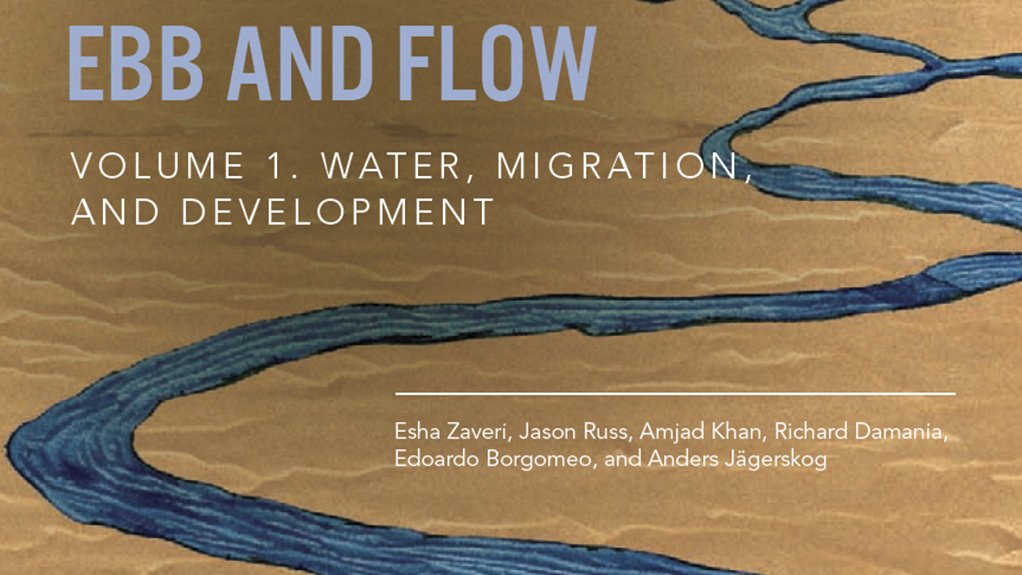- Ebb and Flow, Volume 1: Water, Migration, and Development19.37 MB
Migration shapes the lives of those who move and transforms the geographies and economies of their points of departure and destinations alike. The water sector, and the availability of water itself, implicitly and explicitly shape migration flows. Ebb and Flow, Volume 1. Water, Migration, and Development presents new global evidence to advance our understanding of how fluctuations in water availability, as induced by rainfall shocks, influence internal migration, and hence regional development.
It finds that cumulative water deficits result in five times as much migration as water excess does. But there are important nuances in why and when these events lead to migration. Where there is extreme poverty and migration is costly, water deficits are more likely to trap people than induce them to migrate.
Water shocks can also influence who migrates. Workers leaving regions because of water deficits are often less advantaged than typical migrants and bring with them lower skills, raising important implications for the migrants themselves and receiving regions. Cities are the destination of most internal migrants, but even here, water scarcity can haunt them. Water shortages in urban areas, which lead to so-called day zero events, can significantly slow urban growth and compound the vulnerability of migrants.
No single policy can be completely effective at protecting people and their assets from water shocks. Instead, the report puts forth a menu of overlapping and complementary policy options that target both people and places to improve livelihoods and turn water-induced crises into opportunities for growth. A key message is that policies that focus on reducing the impacts of water shocks must be complemented by strategies that broaden opportunities and build the long-term resilience of communities. Doing so will give individuals more agency to determine the best outcome for themselves and to thrive wherever they may choose to locate.
Report by the World Bank
EMAIL THIS ARTICLE SAVE THIS ARTICLE ARTICLE ENQUIRY
To subscribe email subscriptions@creamermedia.co.za or click here
To advertise email advertising@creamermedia.co.za or click here











